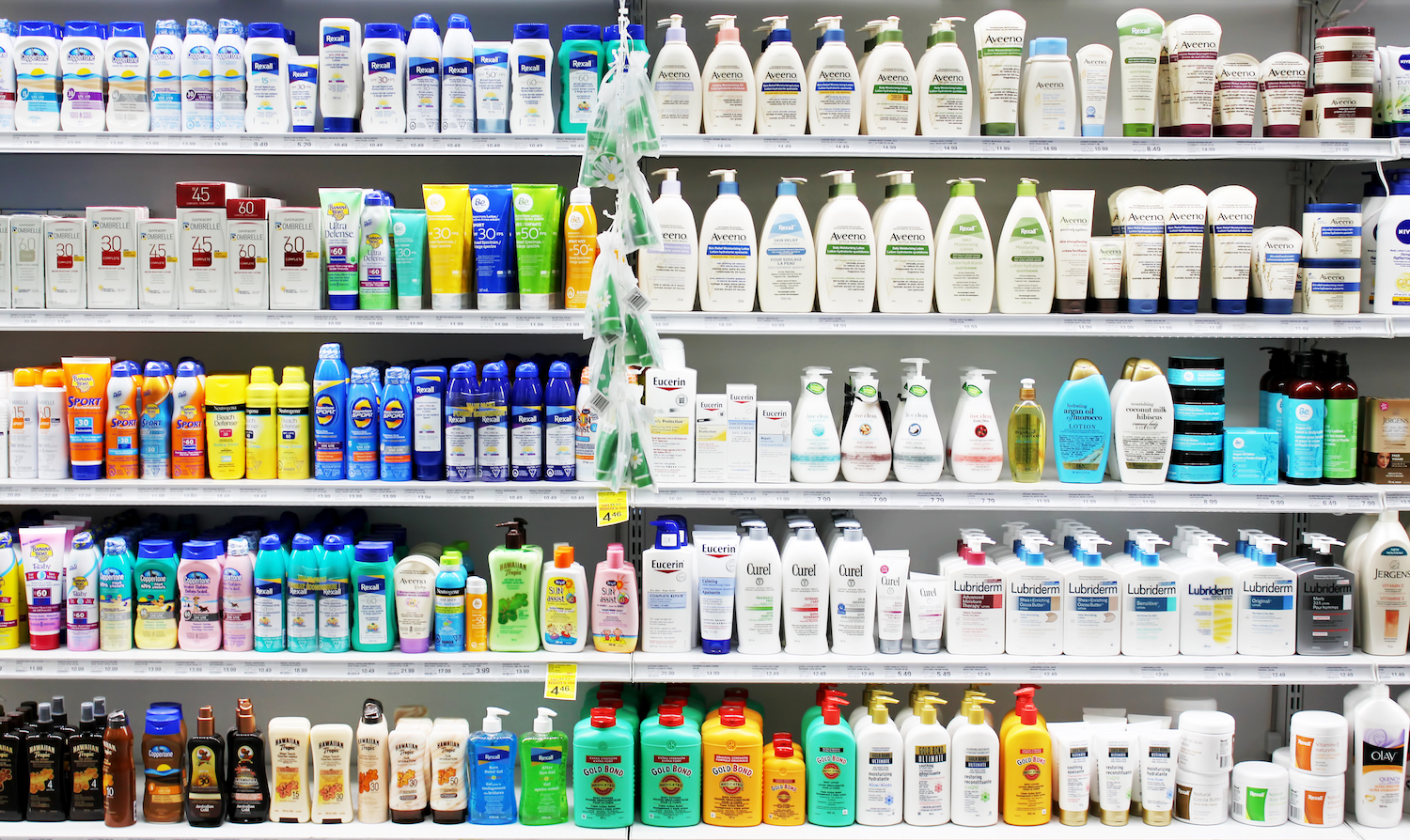What Are Parabens?

Parabens are synthetic chemicals that are used as preservatives in a variety of products, including cosmetics, pharmaceuticals and food. As preservatives, parabens give products a longer shelf-life and prevent harmful bacteria and mold from growing in the products, according to the U.S. Food and Drug Administration (FDA).
"Parabens are derived from a chemical known as para-hydroxybenzoic acid (PHBA) that occurs naturally in many fruits and vegetables, like blueberries and carrots," said Kathryn St. John, the communications director at the American Chemistry Council. "PHBA is also naturally formed in the human body by the breakdown of some amino acids."
The parabens that are manufactured for consumables and personal care products are identical to those found in nature. The most common types of parabens are methylparaben, ethylparaben, propylparaben, butylparaben, isopropylparaben and isobutylparaben.
Paraben exposure
"Parabens are widely used because they are extremely effective [and] hypoallergenic and cost very little to produce," said Sandra Arévalo, director of nutrition services and community outreach at Community Pediatrics at Montefiore Medical Center in New York.
Because the preservative is found in a wide variety of foods, beverages, pharmaceuticals, cosmetics and other personal care products, paraben exposure occurs when these products are swallowed or absorbed through the skin, according to the Centers for Disease Control and Prevention (CDC).
The FDA requires all personal care products to be labeled with a list of ingredients so consumers can see what's in the product and decide if they wish to use it. Cosmetic manufacturers aren't required to obtain FDA approval for developing, marketing or selling products to consumers. However, if a cosmetic or personal care product is found to be dangerous when used according to the product's directions, the FDA will take action and could remove the product from the market.
Parabens: Dangerous or not?
"Since 90 percent of common items found in grocery stores contain parabens, the concentration in our bloodstream adds up," said Dr. Chesahna Kindred, a dermatologist at Howard University in Washington, D.C. And because most people regularly come into contact with parabens, consumers want to know if there are any health risks involved with using products that contain these chemicals.
Get the world’s most fascinating discoveries delivered straight to your inbox.
But the answer is unclear and contentious, Kindred said. "Herein lies the controversy — do parabens cause cancer or not? If so, what amounts of parabens lead to cancer?"
Parabens are thought to be endocrine-disrupting chemicals, also known as hormone-mimicking chemicals, said Kindred. That means the body may treat the paraben like a hormone. For example, parabens have been found in breast cancer cells, which indicates that parabens may act like estrogen, said Arévalo. [12 Worst Hormone-Disrupting Chemicals & Their Health Effects]
With the rates of some types of cancer increasing, additives in food and personal products are increasingly under scrutiny. A scientific review of cosmetics and their cancer risks published in 2018 in the JNCI Cancer Spectrum journal concluded that there is no evidence to suggest that using paraben-containing products leads to an increased risk of cancer. The authors noted that a large number of untested chemicals are available in a variety of products in the U.S. and that more cost-effective and high-throughput screening methods are needed for testing potentially carcinogenic ingredients, such as parabens.
Studies with rats have demonstrated that parabens are endocrine-disrupting chemicals, which means parabens could cause breast cancer. However, the endocrine disruption seen in rats occurred only after the animals were dosed with much higher levels of parabens than what humans typically encounter, said St. John. And so far, human clinical trials have failed to show a connection between parabens and increased cancer risk.
Nonetheless, some experts are concerned about the potential cumulative effects of using paraben-containing products, said Kindred. While more research is needed in this area, the CDC reports that there is not a strong indication that higher levels of parabens in the body cause adverse health effects.
However, some individuals may be more sensitive to parabens than others. "As with many potentially hazardous chemicals, different people will have different susceptibilities and sensitivities based on their own genetic backgrounds," said Gretchen Edwalds-Gilbert, a professor of biology at Scripps College in California.
If consumers are worried about using paraben-containing products, Edwalds-Gilbert recommended following the Latin phrase "ne quid nimis," which means "nothing in excess." Perhaps using paraben-containing products in moderation is the key to avoiding unforeseeable health issues, she said.
Additional resources:
- Review the thorough Safety Assessment of Parabens as Used in Cosmetics from the Cosmetic Ingredient Review.
- Read a Q&A about parabens in food with two food science experts from Best Food Facts.
- Here is the Center for Disease Control and Prevention's Paraben Factsheet.

Rachel Ross is a science writer and editor focusing on astronomy, Earth science, physical science and math. She holds a Bachelor of Arts in Philosophy from the University of California Davis and a Master's degree in astronomy from James Cook University. She also has a certificate in science writing from Stanford University. Prior to becoming a science writer, Rachel worked at the Las Cumbres Observatory in California, where she specialized in education and outreach, supplemented with science research and telescope operations. While studying for her undergraduate degree, Rachel also taught an introduction to astronomy lab and worked with a research astronomer.


